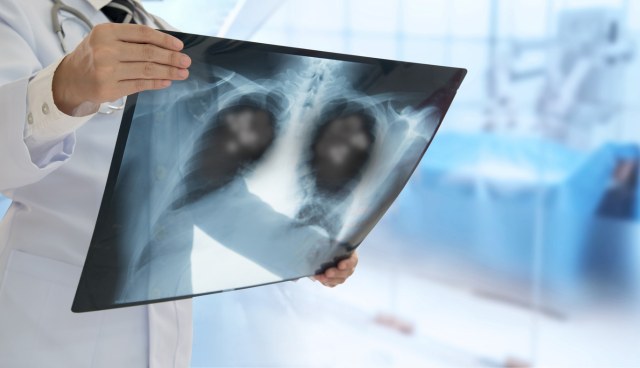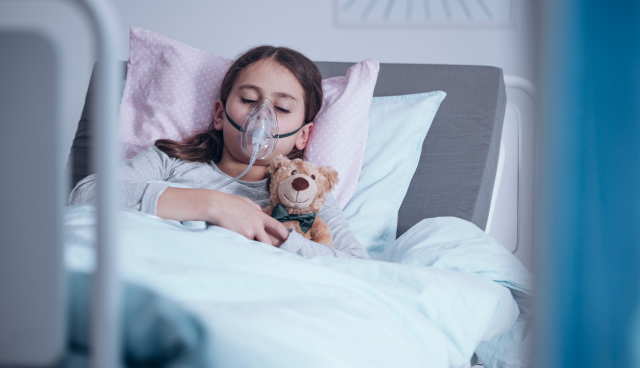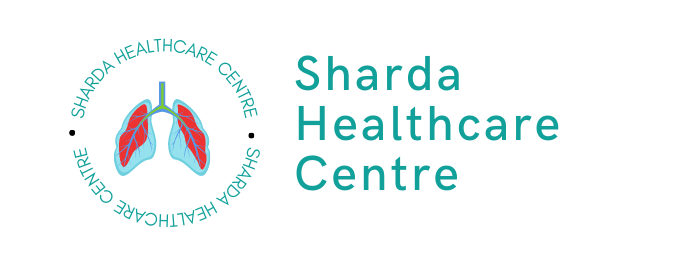
Pneumonia: Causes, Symptoms, Treatment, and Prevention
Pneumonia is a common respiratory infection that affects millions of people worldwide, causing a wide range of symptoms and complications. In this comprehensive guide, we will explore the causes, symptoms, treatment, and prevention strategies associated with pneumonia. Whether you are interested in learning about pneumonia symptoms, specific bacterial strains like Klebsiella pneumoniae or pneumococcal pneumonia, or how to effectively manage this illness, this article will provide you with valuable insights.
Understanding Pneumonia
Pneumonia, a term most have heard but may not fully grasp, is an infection that primarily affects the lungs. Numerous microbes, such as bacteria, viruses, and fungus, can cause it. The two most common culprits are Klebsiella pneumoniae and Streptococcus pneumoniae, responsible for pneumococcal pneumonia. Let’s delve into the specifics of pneumonia causes and the signs and symptoms to look out for.
Pneumonia Causes
1. Bacterial Pneumonia
- Klebsiella pneumoniae: This bacterium is one of the leading causes of bacterial pneumonia. It often affects individuals with weakened immune systems or those suffering from chronic health conditions.
- Pneumococcal Pneumonia: Streptococcus pneumoniae, also known as pneumococcus, is responsible for pneumococcal pneumonia. It can lead to severe respiratory distress if left untreated.
2. Viral Pneumonia
- Viral pneumonia is typically caused by respiratory viruses like influenza (the flu) and the respiratory syncytial virus (RSV). It might be especially risky for older people and little children.
Pneumonia Symptoms
Identifying pneumonia symptoms is crucial for early detection and prompt treatment. When an adult has pneumonia, common symptoms include:
- High fever
- Cough, frequently producing green or yellow mucous
- Shortness of breath or rapid breathing
- Chest pain that increases with deep coughing or breathing
- Fatigue and weakness
- Nausea and vomiting
- Confusion (especially in older adults)
Pneumonia Treatment
Prompt treatment is essential to effectively manage pneumonia and prevent complications. Treatment options may vary depending on the type of pneumonia (bacterial or viral) and its severity. Here are some key aspects of pneumonia treatment:
- Antibiotics for Pneumonia (Bacterial Pneumonia): For bacterial pneumonia, such as Klebsiella pneumoniae or pneumococcal pneumonia, antibiotics are the primary line of defense. It is essential to complete the full course of antibiotics, even if you start feeling better before finishing them.
- Antiviral Medications (Viral Pneumonia): In cases of viral pneumonia, antiviral medications may be prescribed. However, prevention through vaccination is crucial, as viral pneumonia is often more challenging to treat once contracted.
- Supportive Care
- Rest, hydration, and over-the-counter pain relievers can help alleviate symptoms and make recovery more comfortable.
- Severe cases may require hospitalization, oxygen therapy, and intravenous fluids.

- Vaccination: Vaccination is one of the best strategies to avoid contracting pneumonia. Vaccines are available for both bacterial and viral pneumonia, with the pneumococcal vaccine being highly recommended for at-risk populations.
Preventing Pneumonia
Prevention is always better than cure. Pneumonia is no exception, and there are several strategies to help reduce the risk of developing this respiratory infection.
- Vaccination
- Pneumococcal vaccine: This vaccine guards against Streptococcus pneumoniae, the most frequent cause of bacterial pneumonia.
- Influenza vaccine: Getting an annual flu shot can help prevent viral pneumonia, as the flu is a common precursor to pneumonia.
- Good Hygiene
- Wash your hands regularly to minimize the spread of germs and pathogens that can lead to pneumonia.
- Avoid close contact with individuals who have respiratory infections, especially if you have a weakened immune system.
- Lifestyle Choices
- Maintain a healthy lifestyle by eating a balanced diet, staying physically active, and getting enough sleep to bolster your immune system.
- Smoking Cessation
- If you smoke, quitting is crucial as smoking damages the respiratory system and increases the risk of pneumonia.
Conclusion:
Pneumonia is a prevalent respiratory infection that can cause severe complications when left untreated. It is essential to recognize the causes, symptoms, treatment options, and preventive measures to protect yourself and your loved ones. Whether it’s bacterial pneumonia caused by Klebsiella pneumoniae or pneumococcal pneumonia, or viral pneumonia with flu-like symptoms, early intervention is the key to a faster recovery and a lower risk of complications. Additionally, vaccines play a vital role in preventing pneumonia, so be sure to consult with your healthcare provider about vaccination options.
By being informed and taking preventive steps, you can reduce the risk of contracting pneumonia and ensure a healthier, happier life. Stay healthy, stay informed, and prioritize your respiratory health.
